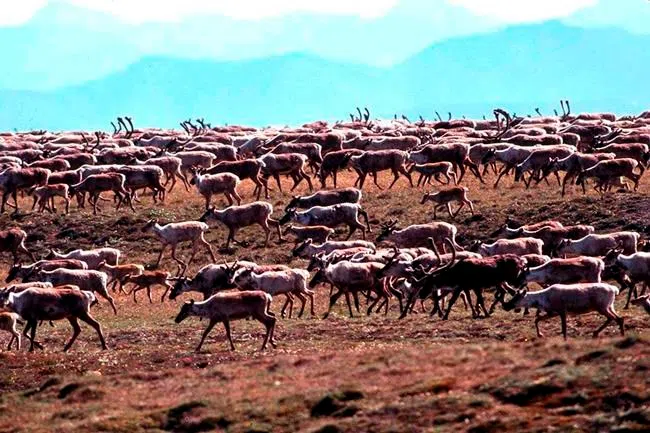
‘We can’t give up:’ First Nations to fight Alaska drills on caribou calving land
Canadian First Nations are gearing up to fight new U.S. oil-drilling interest in the calving grounds of a caribou herd key to Indigenous physical and cultural survival.
“We will continue to fight,” said Chief Wanda Pascal of the Tetlit Gwich’In in Fort McPherson, N.W.T.
“We can’t give up. It’s too important.”
President Donald Trump’s administration has announced the start of a 60-day environmental review before selling drilling leases in the Alaska National Wildlife Refuge.
